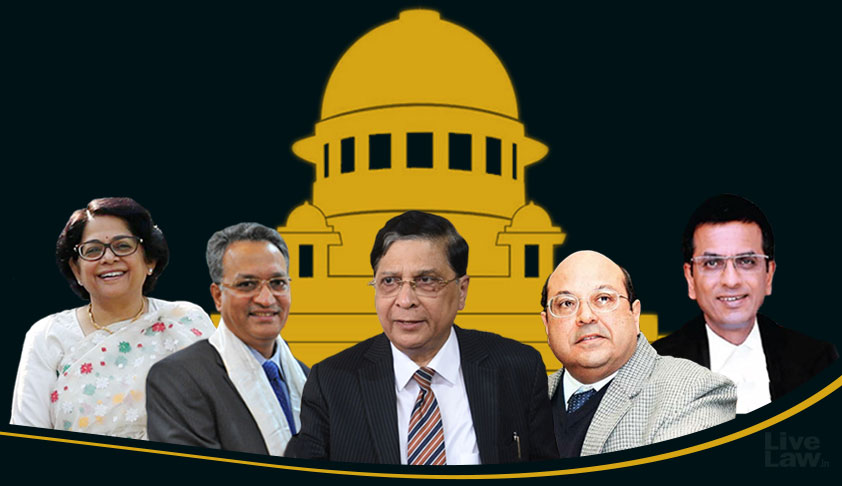Breaking: SC To Pronounce Judgment On Petitions Seeking Decriminalisation Of Adultery Tomorrow
Apoorva Mandhani
26 Sept 2018 4:49 PM IST

Next Story
26 Sept 2018 4:49 PM IST
A five-Judge Constitution Bench of the Supreme Court is set to pronounce the judgment on the validity of Section 497 of the Indian Penal Code, which criminalises adultery, tomorrow.The petitions before the court assert that the exemption of women from punishment for adultery is a patriarchal baggage which treats women as ‘chattel’ having no agency. Further, they point out that the...
